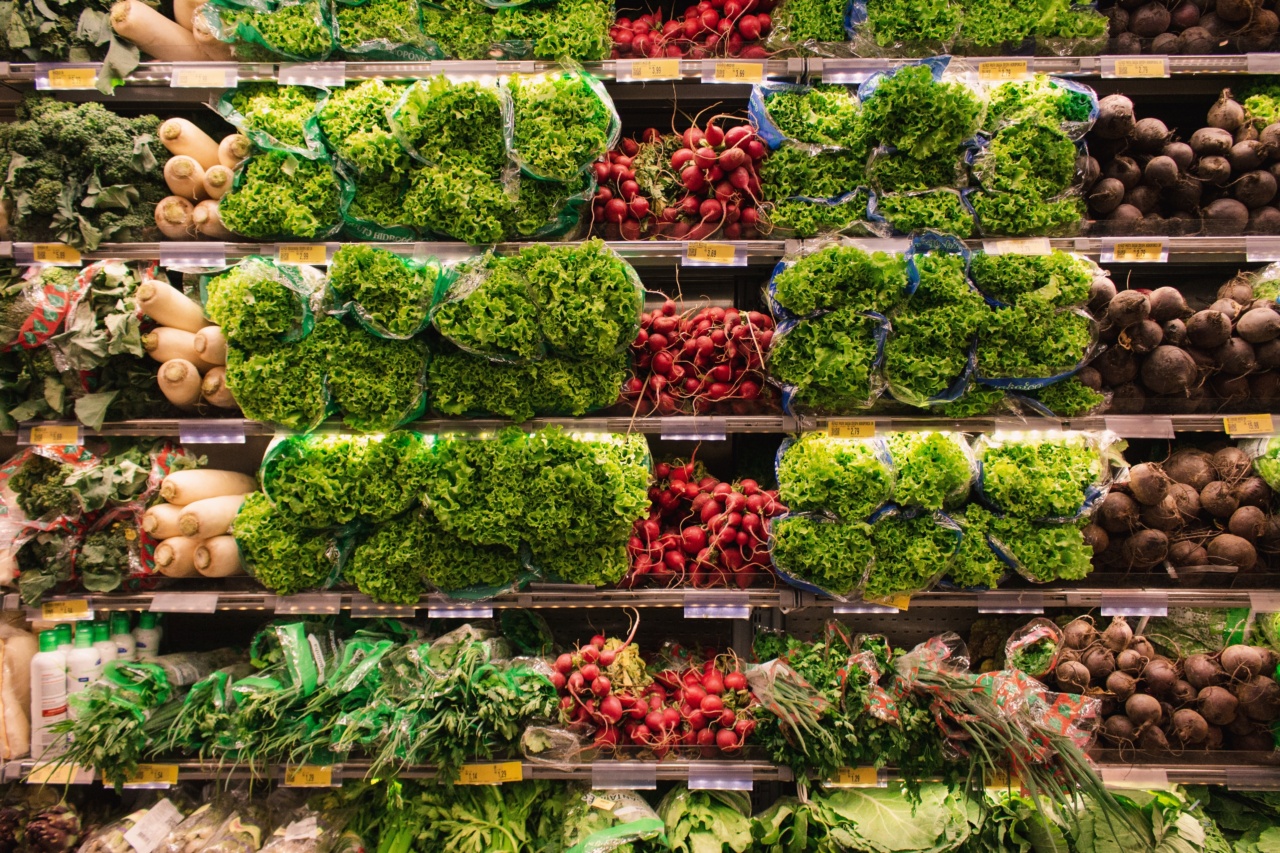When it comes to making healthy choices, the supermarket can be a daunting place. With so many options, it can be hard to know what to choose and what to avoid.
However, with a little planning and these 30 healthy shopping tips, you can navigate the grocery store with ease and fill your cart with nutritious options.
Plan Ahead
1. Make a shopping list before you go to the store. This will help you stay on track and avoid impulse purchases.
2. Plan your meals for the week ahead of time. This will make it easier to know what ingredients you need to buy and help you avoid last-minute takeout or unhealthy snack choices.
Shop the Perimeter
3. Start by shopping the perimeter of the store. This is where you’ll find fresh produce, meats, and dairy products. These are the most nutrient-dense foods and should make up the bulk of your shopping cart.
4. Avoid the aisles in the center of the store, where processed and packaged foods are typically located. These items are often high in calories, fat, and sodium and contain added sugars and artificial ingredients.
Read Labels Carefully
5. Check the nutrition labels on products before you buy them. Pay attention to serving sizes, calories, fat, sodium, and sugar content. Look for products that are low in these areas and high in fiber, protein, and vitamins and minerals.
6. Avoid products that contain trans fats, high fructose corn syrup, and hydrogenated oils. These ingredients are bad for your health and should be avoided whenever possible.
Choose Whole Grains
7. Buy whole grain products whenever possible. Whole grains are high in fiber and nutrients and can help you feel full and satisfied.
Look for bread, pasta, and cereals that contain “whole grain” or “whole wheat” as the first ingredient.
8. Avoid refined grains, which have been stripped of their fiber and nutrients. These include white bread, white rice, and most cereals.
Stock Up on Produce
9. Fill your cart with a variety of fruits and vegetables. These are rich in vitamins, minerals, and fiber and can help lower your risk of heart disease, cancer, and other chronic illnesses.
10. Choose produce that is in season and locally grown. These items are often fresher and better-tasting than out-of-season produce that has been shipped long distances.
Opt for Lean Protein
11. Choose lean sources of protein such as chicken, fish, turkey, and beans. These are low in saturated fat and can help you maintain a healthy weight.
12. Avoid processed meats such as bacon, sausage, and deli meats, which are high in sodium and preservatives. These items should be eaten in moderation, if at all.
Choose Healthy Fats
13. Choose healthy fats such as olive oil, avocado, nuts, and seeds. These are high in mono- and polyunsaturated fats, which can help lower your risk of heart disease and diabetes.
14. Avoid unhealthy fats such as trans fats and saturated fats, which can raise your cholesterol and increase your risk of heart disease.
Drink Plenty of Water
15. Stay hydrated by drinking plenty of water. Aim for at least 8 cups per day and drink more if you’re exercising or in hot weather.
16. Avoid sugary drinks such as soda, sports drinks, and fruit juices, which are high in calories and sugar. Instead, choose water, seltzer, or unsweetened tea or coffee.
Avoid Processed Foods
17. Avoid processed and packaged foods whenever possible. These items are often high in sodium and contain artificial additives and preservatives that are bad for your health.
18. Choose foods that have been minimally processed, such as frozen vegetables and fruits, canned beans, and dried spices and herbs.
Buy in Bulk
19. Save money and reduce waste by buying in bulk. This is a great option for items such as grains, nuts, and beans that have a long shelf life and can be stored in airtight containers.
20. Choose bulk items that are minimally processed and contain few additives or preservatives.
Use Coupons and Discounts
21. Save money by using coupons and taking advantage of sales and discounts. Many stores offer rewards programs or weekly specials that can help you save on healthy groceries.
22. However, be cautious of “buy one, get one free” deals or other promotions that encourage you to buy more than you need or items that are high in calories and sugar.
Avoid Hungry Shopping
23. Avoid shopping on an empty stomach. This can lead to impulse buying and unhealthy snack choices.
24. Eat a healthy meal or snack before you go to the store. This will help you stay focused and avoid unhealthy temptations.
Shop Local
25. Consider shopping at a local farmer’s market or co-op. These often offer fresh, locally grown produce that is in season and nutrient-dense.
26. Local products may also be less expensive and have a smaller carbon footprint than items that have been shipped long distances.
Choose Dairy Wisely
27. Choose low-fat or fat-free dairy products, such as milk, yogurt, and cheese. These are high in calcium and other nutrients and can help you maintain a healthy weight and reduce your risk of heart disease.
28. Avoid high-fat dairy products, such as cream, ice cream, and full-fat cheese. These items are high in calories and saturated fat and can raise your cholesterol levels.
Avoid Sugary Foods and Drinks
29. Avoid sugary foods and drinks as much as possible. These items are high in calories and can contribute to weight gain and other chronic diseases.
30. Instead, choose whole foods and drinks that are naturally sweet, such as fresh fruit, unsweetened yogurt, or herbal tea.





























